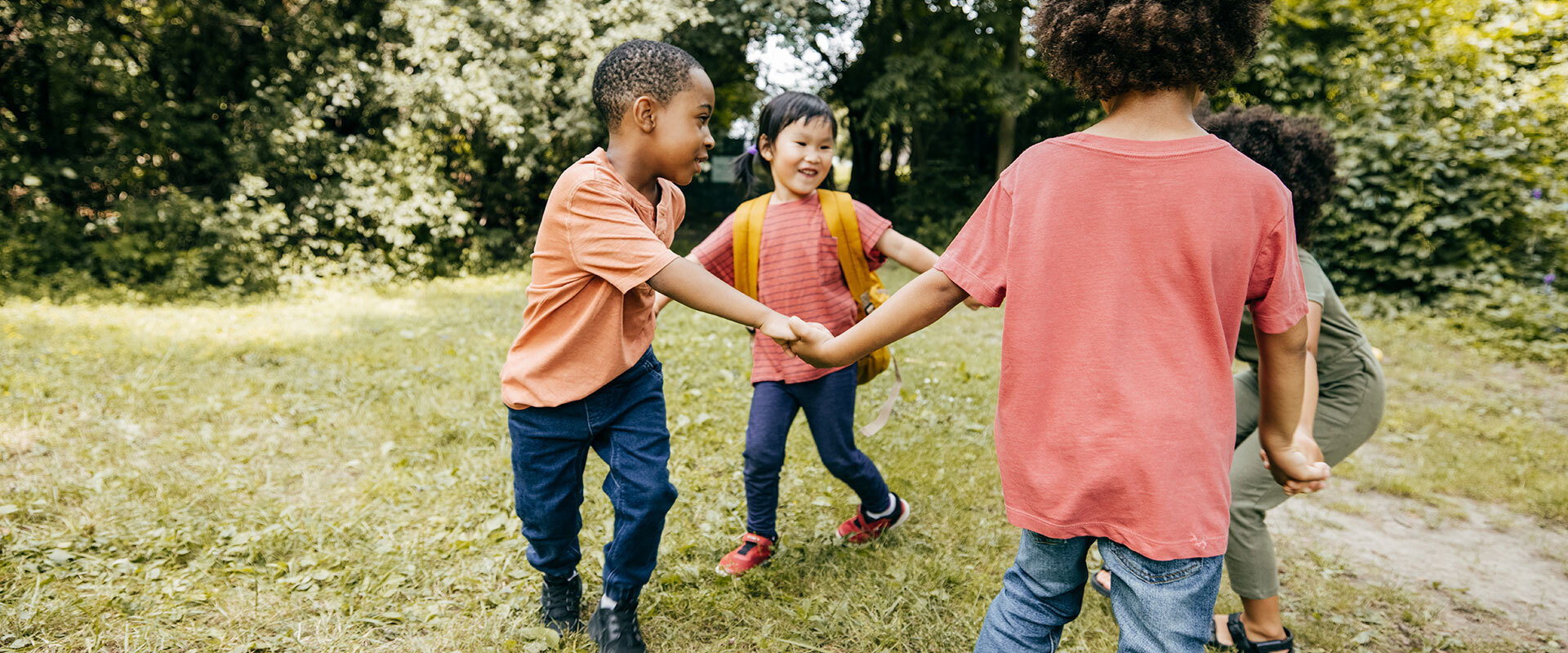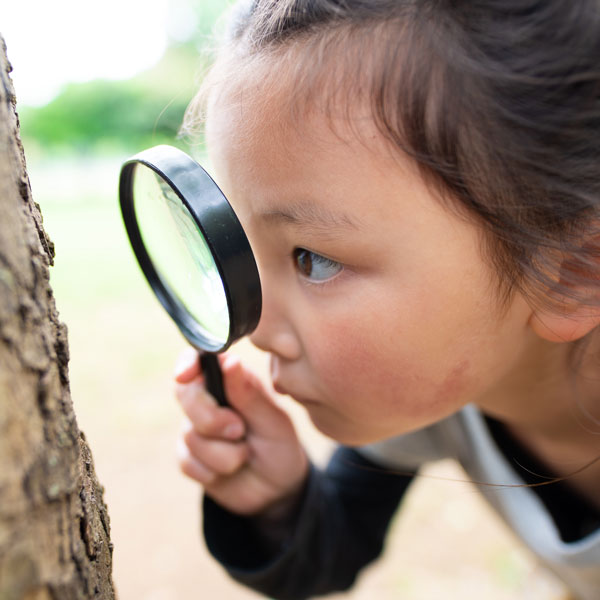HELP is dedicated to improving the health and well-being of children through interdisciplinary research and mobilizing knowledge.
News and Events
-
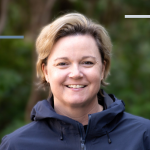
News
Scholar Profile: Megan Zeni is Expanding our Knowledge of Outdoor Play Learning in Elementary Schools
With over 25 years of experience as a professional K-7 educator, Megan Zeni currently teaches entirely outdoors in a public school outdoor and garden classroom.
-

News
Dr. Emily Jenkins Announced as New HELP Faculty Member
Dr. Jenkins, a registered nurse, is recognized as a leader in the youth mental health and substance use field and has established policy, practice and media channels that support knowledge mobilization and research impact.
-
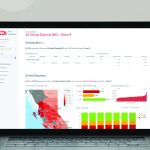
News
20 Years of EDI Data Now Available via Interactive Dashboard
HELP is thrilled to announce the launch of the Early Development Instrument (EDI) Data Dashboard — an online, interactive tool available to the public that allows for the exploration of patterns and trends in EDI data from Wave 2 (data collected 2004-2007) through Wave 8 (2019-2022).
-

Events
CHEQ Trends & Connections with the EDI
Join Dr. Barry Forer along with other HELP staff on March 2 for a special webinar, exploring CHEQ data collected in fall 2022, as well as over the last four years, and what it reveals about the experiences of young children and their families across BC.
-
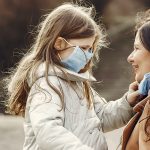
Highlights
Are experiences for families with young children in BC improving?
The CHEQ 2022 COVID-19 Rapid Report summarizes the data collected from parents and caregivers of kindergarten children in both the fall of 2021 and 2022, with the inclusion of additional questions about the impact of the COVID-19 pandemic on their experiences.
-

News
Scholar Profile: Orphée Tamba
Orphée Tamba is a Ph.D. student at UBC’s School of Population and Public Health and the Human Early Learning Partnership (HELP). Tamba’s current contributions to the analysis and knowledge translation of the various HELP tools within the Child Development Monitoring System include a special interest in exploring the social determinants of health and other factors associated with the developmental trajectories of children in sub-Saharan Africa and those of children in Canada.
-

News
Guest Column: The Time is Now — A Focus on Social and Emotional Learning
In January 2023, HELP hosted a 2-part webinar series presented by internationally renowned Social and Emotional Learning (SEL) scholar and former HELP Director Dr. Kimberly Schonert-Reichel, alongside researchers from the SEL Research Lab. The following guest column is a contribution from Dr. Denise Buote, SEL Research Lab Team Member, highlighting some key messages from the webinar series, along with links to the webinar recordings, presentation slides, and other related resources.
-

Highlights
Latest data show that one in three kindergarten children still vulnerable in BC
The latest wave (Wave 8) of Early Instrument Data (EDI) data collected by the Human Early Learning Partnership (HELP) shows that one in three children in BC were arriving at kindergarten vulnerable, or developmentally behind, in one or more of the core areas important to their future success.
-
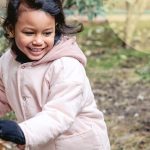
Events
Designing Healthy Outdoor Play Environments for and with Children
This Ideas in Progress event on March 16 presented by HELP will feature a presentation by Dr. Janet Loebach, providing an overview of why and how we should be designing outdoor play environments to support children’s healthy development.
HELP's unique approach
Relationships
Reciprocity, accountability and respect are at the foundation of HELP’s longstanding relationships with communities, organizations, institutions and governments across BC and Canada. These relationships, along with guidance from an Aboriginal Steering Committee (ASC), contribute to our research, data and knowledge mobilization initiatives. Learn more about the Aboriginal Steering Committee.
Data
The Child Development Monitoring System safely and reliably gathers population-level data about the developmental health and well-being of children and adolescents at multiple times between infancy and 18 years of age. It is the foundation for much of the leading-edge research and knowledge mobilization undertaken at HELP. Learn more about the Child Development Monitoring System.
Expertise
Faculty, researchers and affiliates at HELP hold scientific expertise across a wide range of disciplines, contributing to a unique and diverse program of research that situates HELP research at the forefront of important health and equity issues. Learn more about HELP research.
Impact
HELP leads collaborative and inclusive processes that transform data and research into action. Across both practice and policy, HELP is focused on supporting evidence-informed change across systems, institutions and in communities. Learn more about HELP’s knowledge mobilization and research impact.
Publications
-
Community
Understanding the influence of community-level determinants on children’s social and emotional well-being: a systems science and participatory approach.
2022 International Journal of Environmental Research and Public Health
Poon B., Atchison C., Kwan A.By employing a novel systems science and participatory approach, we were able to co-produce a series of causal loop diagrams that detail the complex relationships between variables operating at the community or neighborhood environment level (e.g., features of the built environment such as: housing type, access, availability, and location; parks and greenspace, facilities such as community services, and other service infrastructure such as transit), and highlight the individual and collective impacts these relationships can have on the subsystem surrounding a child’s social and emotional well-being.
-
Mental Health
Prevalence of mental health disorders among immigrant, refugee, and nonimmigrant children and youth in British Columbia, Canada.
JAMA Network
Gadermann AM, Gagne Petteni M, Janus M, Puyat JH, Guhn M, Georgiades K.These findings show differences in diagnostic mental disorder prevalence among first- and second-generation immigrant and refugee children and youth relative to nonimmigrant children and youth.
-
COVID-19
School staff and teachers during the second year of COVID-19: Higher anxiety symptoms, higher psychological distress, and poorer mental health compared to the general population.
Journal of Affective Disorders Reports.
Hutchison SM, Watts A, Gadermann A, Oberle E, Oberlander TF, Lavoie PM, et al.These results show that priorities to reduce mental health challenges are critical during a public health crisis, not only at the beginning, but also one year later.
-
Outdoor Play
Perceived challenges of early childhood educators in promoting unstructured outdoor play: an ecological systems perspective.
Early Years
Cheng T., Brussoni M., Han C., Munday F., Zeni M.We conducted five focus groups with 40 professionals working in the early childhood education field in British Columbia, Canada, to examine their experiences and perceived challenges in promoting children’s unstructured outdoor play.
-
Environment
Neighborhood environmental exposures and incidence of attention deficit/hyperactivity disorder: A population-based cohort study.
Environment International
Yuchi W., Brauer M., Czekajlo A., Davies HW., Davis Z., Guhn M., et al.We found evidence suggesting environmental inequalities where children living in greener neighborhoods with low air pollution had substantially lower risk of ADHD compared to those with higher air pollution and lower greenspace exposure.
Indigenous Initiatives at HELP

